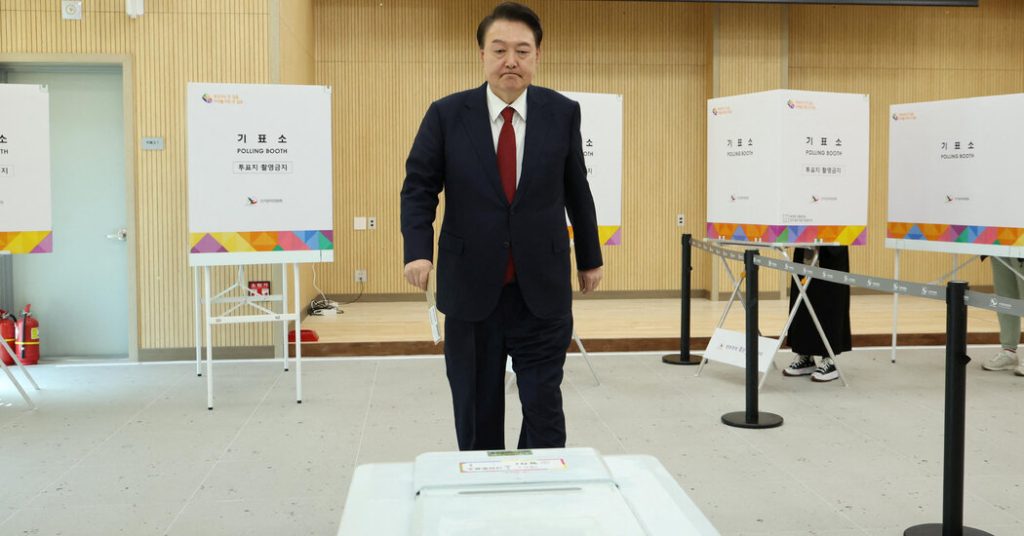In South Korea, the recent parliamentary election served as a verdict on President Yoon Suk Yeol’s first two years in office, with voters giving the opposition one of the biggest parliamentary majorities in decades. This outcome leaves President Yoon on the verge of being a lame duck, as he will have to contend with an opposition-controlled Parliament for the remainder of his time in office. This deepening deadlock in South Korean politics is likely to reduce the chances of President Yoon achieving anything that requires bipartisan support and raises the prospect of him leaving office in 2027 with little to show for his time in office.
Political analysts and critics within his own party had warned President Yoon about his disconnect from everyday people and his hubris in dealing with the opposition, national disasters, and allegations of corruption. His leadership style has been characterized as a runaway train due to his obstinacy in pushing unpopular decisions. While his foreign policy initiatives have gained praise on the global stage, domestically, his business-friendly agenda has remained paralyzed by his contentious relationship with the opposition-controlled National Assembly.
Despite his successes in foreign policy, President Yoon’s weakened domestic stature may hamper his diplomatic initiatives, particularly in areas where he has been criticized, such as expanding military cooperation with Japan and alienating China in favor of closer ties with the United States. The election victory for Lee Jae-myung’s progressive Democratic Party has highlighted the different approaches to foreign policy and domestic issues, such as dialogue with North Korea versus sanctions and military deterrence.
President Yoon entered office facing opposition from the Assembly elected two years earlier, leading to blocked or watered-down policies in crucial areas like labor and healthcare. The election results, while devastating for President Yoon, could have been worse, as the opposition fell short of a supermajority that would have allowed them to override the president’s veto or pursue impeachment. This outcome leaves both President Yoon and the opposition with no option but to engage in dialogue to address critical issues facing the country.
In response to the election setback, President Yoon showed signs of admitting fault and signaling a willingness to cooperate with the opposition. Prime Minister Han Duck-soo and other top aides resigned to allow for a reorganization of the government. Despite the shake-up, Mr. Yoon intends to maintain his diplomatic initiatives and build a cooperative relationship with the opposition, despite previous contentious rhetoric during the campaign. His message to the people reflects a desire to stabilize the economy and improve the people’s livelihood by acknowledging the election results and committing to run the government more effectively.


